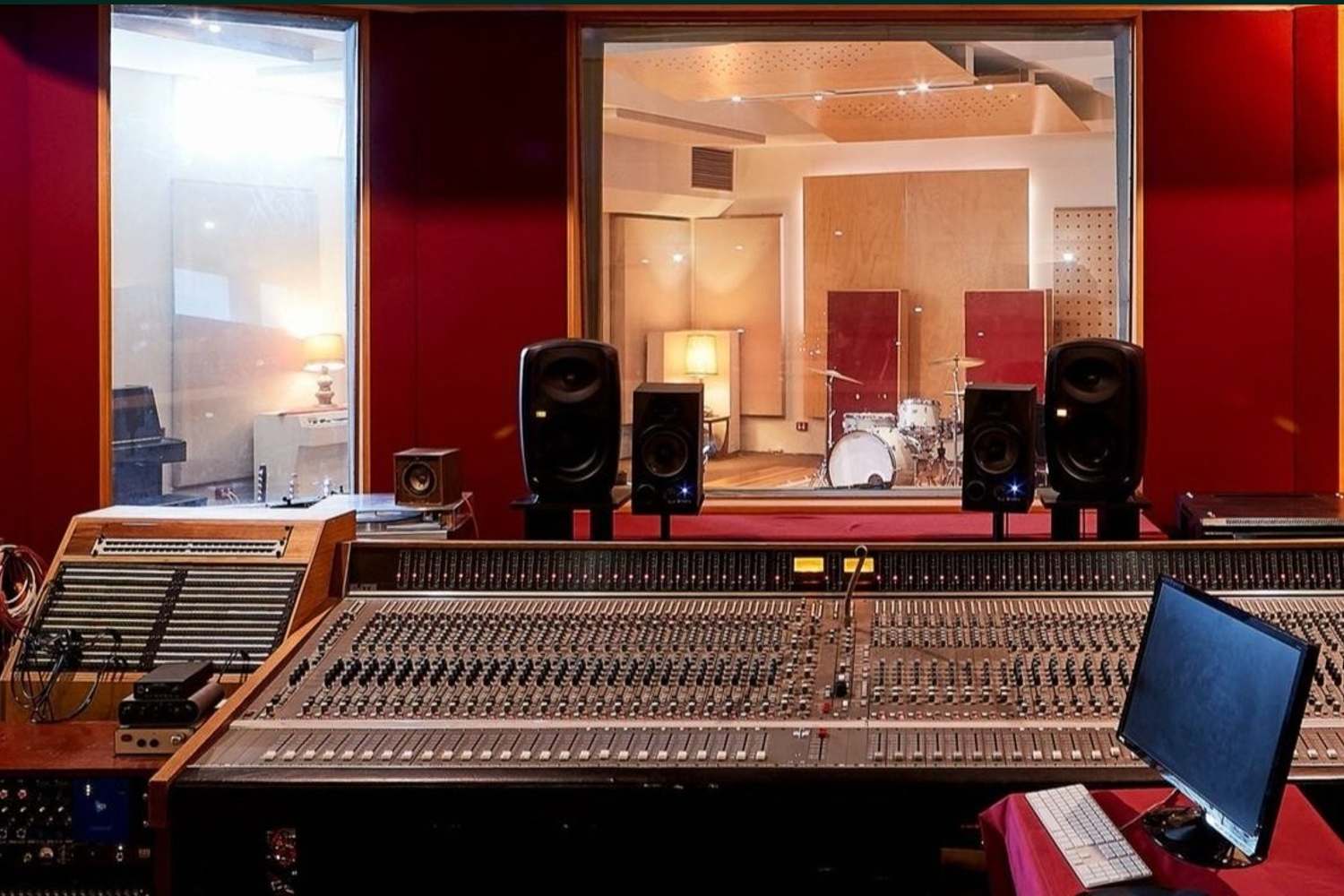Get the most out of your next studio recording session with these 4 tips from a muso to help you get that next hit out.
You’re a musician and you’re preparing to record your next EP, single or album. Whether you’re flying solo or recording with a band, heading to a professional recording studio can be pretty daunting, especially if it’s your first time.
Get the most out of your next recording session with these 4 tips from a muso to help you get that next hit out.
Read all the latest features, columns and more here.
Practice and Rehearse
Whether you’re recording in a professional studio or having fun with your friends, it’s important not to waste time; learn your music inside out.
Most studios will charge by the hour, which is why it’s important to avoid more than two to three takes per part. Take your time at home to practice and learn your parts, so when it comes time for the real deal, it sounds just how you like it.
Practicing at home doesn’t just mean learning how to play your parts; setting clear intentions and goals for your practice sessions can form great habits when it comes time to record in a studio, set a goal for your practice session and try your best to achieve it, and if you don’t, work at it again during your next session.
While practicing at home as a solo muso is crucial, it’s also important to get in some quality rehearsal time if you’re with a band. Go over the parts together and perfect them so when it comes time to record, you can play tight as a group to a professional level, impressing even yourselves.
Make a Home Demo
It doesn’t always take professional level equipment to find what you’re looking for: making a home demo is a great way to test out your sound and develop ideas for your final product.
It also allows you to rehearse in a similar setting to how you’ll be recording and producing your final product; but there’s no need to take things seriously and it’s a good opportunity to have fun with what you’re trying to achieve.
Recording a demo also gives you insight into what’s going to help you sound the best; think about mic placement, acoustics, or anything else that might affect your tone or sound at the time of recording. This will help you communicate better with your sound technician, leading to better cooperation and speeding up your recording process. Furthermore, in the future your demos could provide fans with an intriguing look into the creative process behind your record – Mac Demarco even released a whole album of his.
Recording a home demo gives you practice and insight into the recording process – you’ll simulate what it’s going to be like during recording time and you’ll most likely find when the day comes to record, you’ll snap into the swing of it just like that. You’ll also have something to show to your sound engineer, who will get a better understanding of what you, as the artist, want to create. You might also get the opinion of how your music sounds, further helping you to reconsider some of your previous ideas.
Making a home demo also gives you something to be proud of; putting in hours of hard work into a demo prior to rocking up to the recording studio will make you proud to be a muso and often enough, you’ll have your own unique piece of music history.
Bring What You Need – and What You Might Need
A big part of being a muso is having your equipment in good working order.
Whether you’re a drummer, bass player, guitarist, vocalist or anything in-between, having the correct gear when it comes time to record your next EP, single or album will make all the difference.
Bring what you need, what you might need and even what you think you don’t need; it’s always better to over-prepare than under-prepare.
As an instrumentalist, it’s a good idea to bring tuners and extra strings if you’re playing a string instrument, which can be shared around if you’re recording with bandmates. You want to tune your instruments precisely before getting to the studio, but it’s also important to prepare yourself a tuner so you can re-check before it comes time to play.
As a vocalist, bringing your own microphones is also a really good idea for continuity and using equipment you’re comfortable with. Using a wind instrument? Bring and prepare back-up reeds which will come in handy if you’re playing for long periods of time – and remember to breathe.
Bringing and using your own equipment can make you feel more comfortable in an unfamiliar setting and might even be a talking point between you and your sound technician, further breaking the barrier standing between you and your next album.
It’s Your Time – Make it About You
It’s easy to get the nerves before a recording session – especially if it’s your first time. If you’re heading to a big studio with large recording rooms, remember why you’re there. A lot of young, up-and-coming musos are often working with renowned producers or artists heading up the projects, which can add pressure to recording time. Remember it’s your time and they’re here to help you.
Make yourself comfortable in the recording booth – it can easily feel like you’re on display, which can add to the nerves. Turn yourself and your equipment around, if the lights aren’t quite right or your headphone mix doesn’t feel comfortable, don’t be afraid to ask for a change. Recording in a setting that feels just right for you can have a major difference on your final product.
Think back to your best-sounding demos; what kind of setting were you in? What was the sound like? What worked well?
Replicating the same setting can go a long way to ensuring your recording session is meaningful and you produce a product you, the producer, sound engineers and bandmates can be proud of.
Don’t be afraid to ask for help when you need it – sound technicians and producers are there to help you take your next recording as far as you want to go.
Make your next recording session worth it – Practice, practice and practice, record some home demos, prepare your gear and remember to have a good time, and your dedication and skills as a talented muso will show up in your final product.
You can find a beginner’s guide to home recording equipment here.

